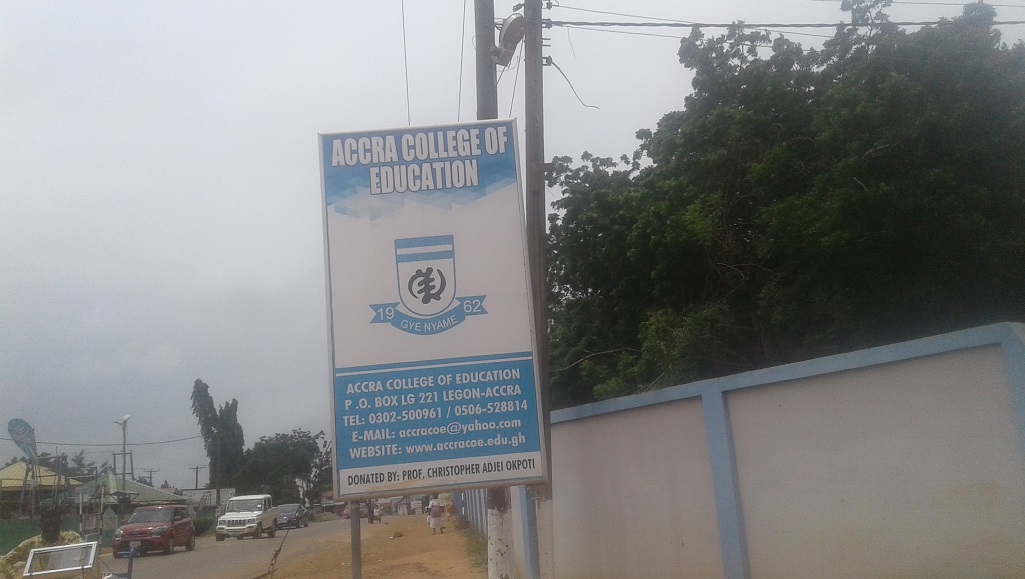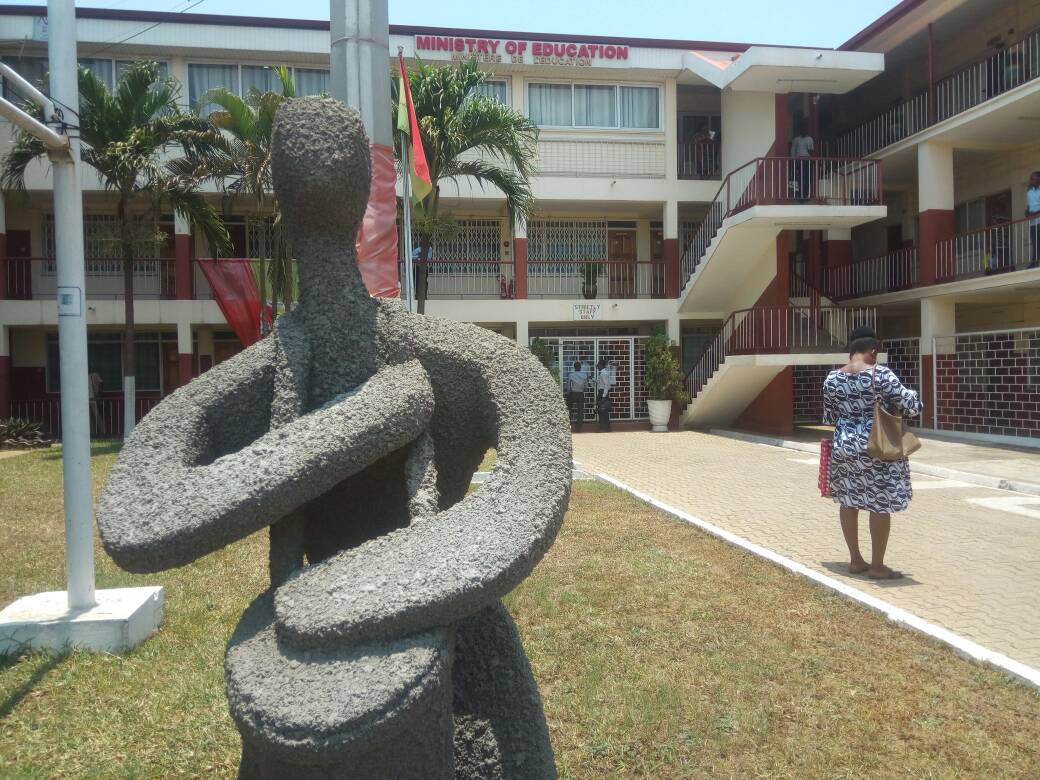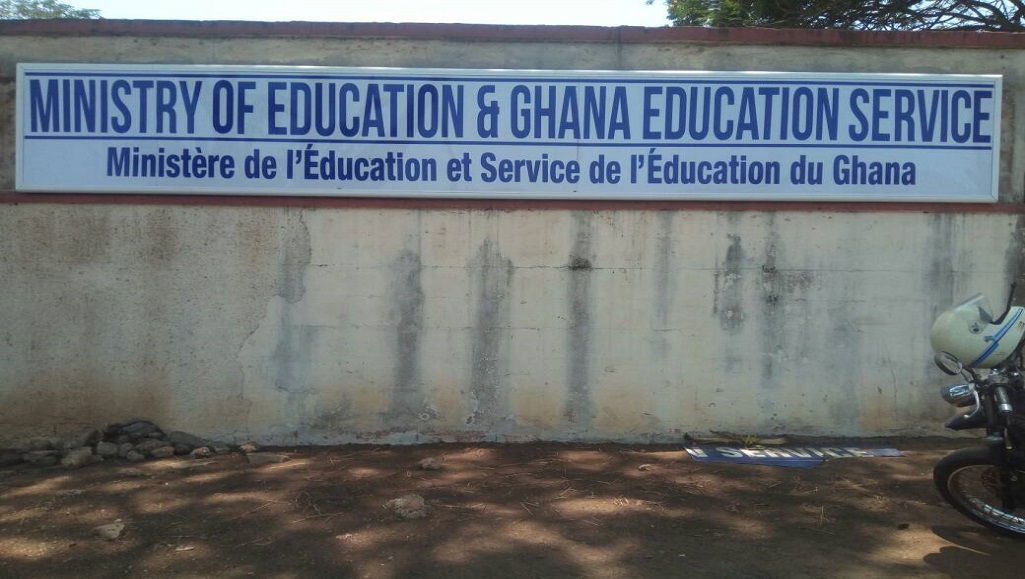Teachers in Ghana will from September be required to be certified despite sitting for exams at their various training institutions. The teachers will need to be licensed before teaching in schools.
The government of Ghana is hoping to raise the standard of teaching with this new policy, but some teachers are not quite happy with the policy.
On the Accra teacher training college campus where hundreds of teachers are trained every year before being posted to various schools across the country, trainees are unhappy with the policy that will require them going through another screening to be issued with a teacher’s license.
They don’t consider the licensing as the most prominent issue confronting professionalism in Ghana’s education sector.
One teacher said “If we want to license teachers in Ghana, as the only solution for professional development and results, it won’t work. if you want me to produce results and you license me without the textbooks, how do I deliver?”
Another teacher also said “I have heard of graduates who have graduated with first class but when they go to the field they don’t perform. So writing exams or going for a shot interview is not the means to tell whether the person is going to do well or not.”

The policy is backed by law and its implementation was delayed since 2008. One of the officials who worked on the policy at Ghana’s national teaching council, Akwesi Adai Boahene said the aim is to ensure that teachers have the necessary qualities required to be a professional teacher in Ghana.
“If you have to receive a license it means that you would have demonstrated some competences. And those competences need to be agreed on by all the stakeholders. So that when you are required to come and license yourself, you need to show evidence that you have actually undertaken those different competence training.” Adai Boahene said.
Ghana’s education minister, Dr. Matthew Opoku Prempeh has said that government does not want to flood the classrooms with teachers who genuinely don’t want to take up teaching as a profession.
“We don’t want people who necessary don’t want to be teachers to teach but are using the colleges of education as a stop-gap measure. That is why retention has become a very particular difficult problem for us.” Prempeh said.
The Ghana National Association of Teachers is the biggest teachers’ union in Ghana. Its public relations officer, Peter Koda said there is no clarity on the mode of licensing these teachers and issues of standardization of curricula used to teach these teachers.

“You know some of the teachers are trained from the colleges of education and others from the universities. A critical look at the curriculum will tell you that what they are doing at the universities and what they are doing at the colleges of education are not the same and we want it to be standardized. We don’t want the whole thing to start and begin to have problems.”
The government although has announced that the policy will begin in September, it has been hesitant in providing details of how the licensing will be carried out. But whether it will significantly resolve the issue of the quality and standard of teaching across schools in Ghana that is yet to be seen.
Source: Africafeeds.com / Isaac Kaledzi



